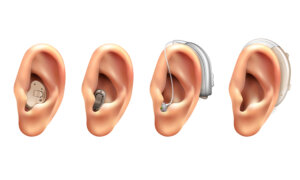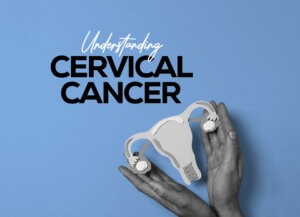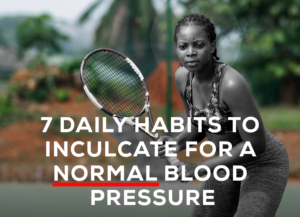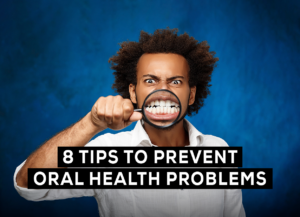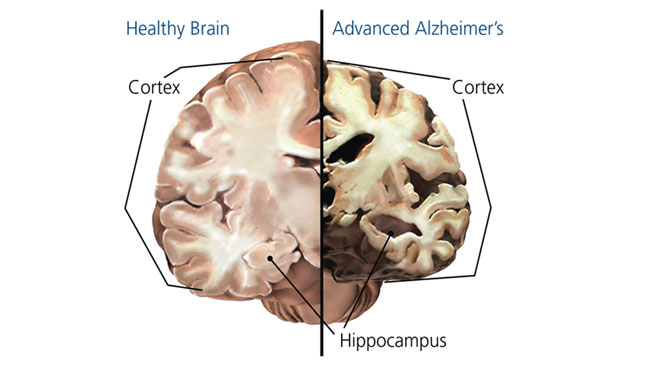
What is Alzheimer’s Disease? Alzheimer’s is a disease that robs people of …click here to read part 1, if you missed it.
Understanding Alzheimer’s Disease: Diagnosis & Treatment
If you think you or a loved one has signs of Alzheimer’s, see a doctor so you can know for sure. The symptoms of the disease can look a lot like those of many other conditions, including:
• Infections
• Taking medications that don’t work well together
• Small strokes
• Depression
• Low blood sugar
• Thyroid problems
• Brain tumours
• Parkinson’s disease
The doctor will test you or your loved one to see if you really have Alzheimer’s. He’ll start with a physical exam and tests of your mental status, including:
• Memory
• Verbal skills
• Problem solving
• Thinking skills
• Mood
The doctor might also ask other family members about any signs they’ve noticed.

Doctors can use imaging tests of the brain to decide if someone has Alzheimer’s or another problem.
• Magnetic resonance imaging (MRI) uses powerful magnets and radio waves to make pictures of the brain. The scan can show if someone has had strokes, tumours, or blood clots that might cause the symptoms.
• Positron emission tomography (PET) is a scan that shows the plaques that build up in brains affected by Alzheimer’s. But Medicare and other insurance carriers usually don’t cover PET scans.
What’s the Treatment for Alzheimer’s Disease?
There is no cure for Alzheimer’s disease. But there are medicines that seem to slow down its progress, especially in the early stages. Others can help with mood changes and other behaviour problems.
Other Treatments

Doctors prescribe a number of drugs to relieve specific Alzheimer’s symptoms:
• To ease paranoia, confusion, hallucinations (seeing, hearing, or feeling things that aren’t there), and aggressive behaviour, doctors may recommend antipsychotic drugs.
• Antidepressants can help with depression.
• Sleep medications can fight insomnia.
• Anti-anxiety drugs, are used to treat agitation.
Can you prevent Alzheimer’s Disease?
Alzheimer’s is one of the diseases people most want to avoid, and for good reason. There is no proven way to prevent it. But there’s a lot you can do to lower your chance of getting it.
Doctors don’t know exactly why the disease strikes some people and not others, why it gets worse over the years, or how to cure it. And because they don’t know the answers to these questions, they also aren’t totally sure how to treat it.
It’s true that Alzheimer’s becomes more common with age. But it’s not a normal part of getting older. It’s also true that some gene glitches make you more likely to get it.
You can’t control aging or your genes, but that doesn’t mean you can’t do anything about the disease. In fact, the same things that are good for your heart — and the rest of your body — could also help you make Alzheimer’s disease less likely. And a lot of it comes down to simple things you do every day.
Manage your numbers. Do you know if your blood pressure, blood sugar, and cholesterol are too high? Research shows strong connections between Alzheimer’s and conditions like high blood pressure, high cholesterol, type 2 diabetes, and heart disease.
Check your weight. If you have a lot of weight to lose and start to work on shedding those pounds and keeping them off, if also could help lower your risk. One study found that obesity can change the brain in a way that raises your odds of getting Alzheimer’s.
Exercise your body. When you work out, even a little bit, more blood flows to the brain, which makes your brain healthier. Aim for at least 30 minutes of exercise, 5 or more days per week.
Challenge your mind. People who keep learning and stay social may be less likely to get Alzheimer’s disease. It’s not completely clear yet, but the mental stimulation may be like a workout for your brain.
Buckle up. If you hurt your head in a car wreck or fall off a bike without a helmet on, it could make Alzheimer’s disease more likely years from now. Also, check your home for places where you might fall, like an area rug that doesn’t have a sticky padding beneath it to keep it in place.
Don’t smoke. Avoid all forms of tobacco.
Maintain your weight. Eat a heart-healthy diet with lots of fruits and vegetables, whole grains, lean protein, and low-fat dairy. Limit saturated fat (found in meats and full-fat dairy products), added sugars, carbs, sodium, and alcohol.


